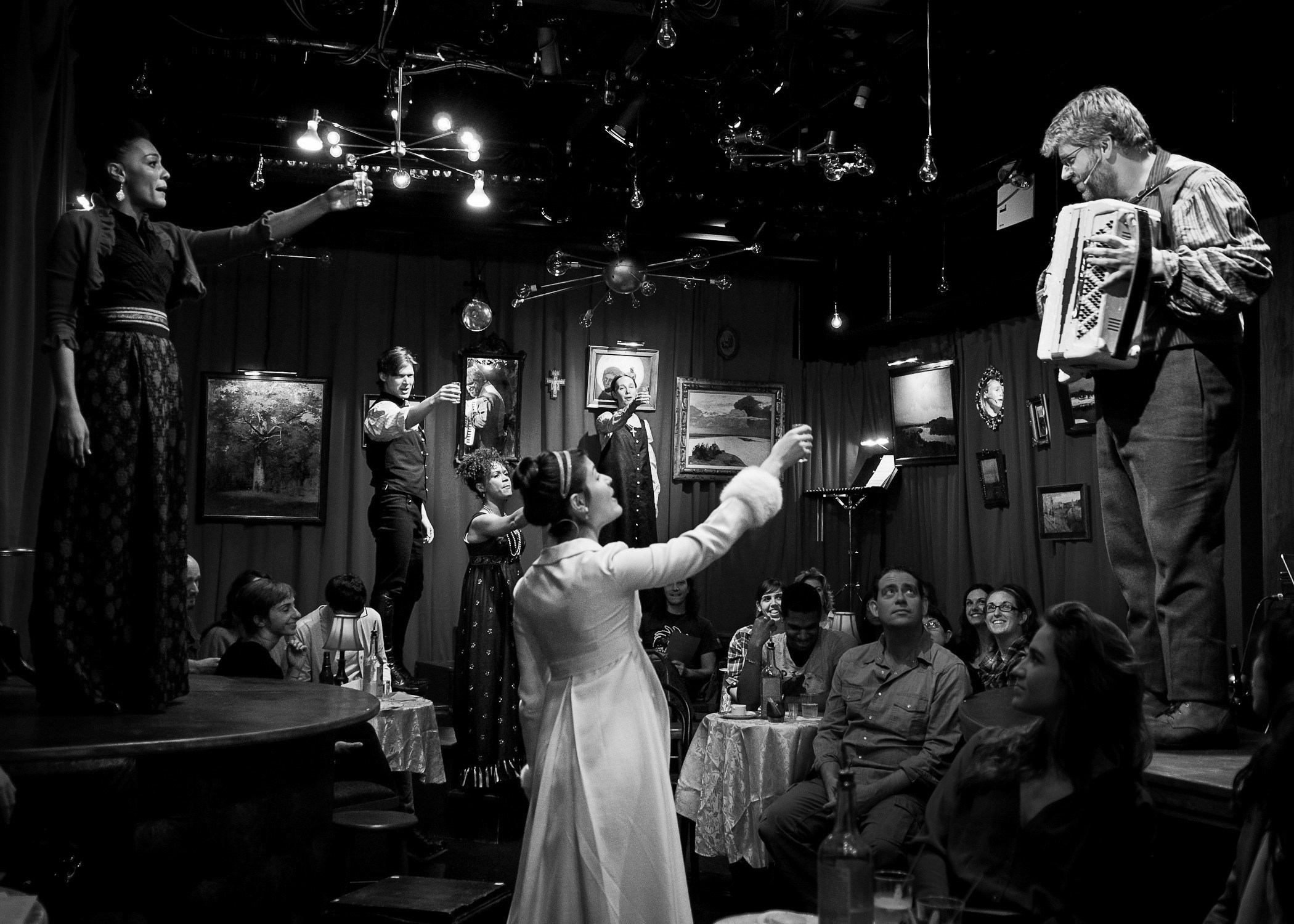The Beauty of Bad Theatre

The last two theatrical productions I have seen have been, in general terms, bad. Really, truly bad. During the second production, I considered leaving at intermission for the first time - and I have seen enough theatre for that to be a big deal. Though maybe I didn't feel like it in the moment, going to those productions was, overall, a good thing.
I think I may have learned more about how to discuss theatre from bad theatre rather than good. A truly great piece of theatre, more often than not, leaves me grasping for words.
The hardest first step is acknowledging that you thought a piece was bad. The theatre world is so interconnected that almost anything you see involves A) friends and/or B) people you respect immensely. And even if not, you know that hard work and passion almost certainly went into bringing this piece before you. Because of that, it makes it hard to admit to even yourself that you didn't enjoy something. Or at least that has been my experience.
Not to mention that there are so many ways a piece of theatre can be bad. Just off the top of my head, there's stilted dialogue, overly in-your-face themes and messages, weak performances, ill-fitting concepts, heavy-handed direction, confusing plots, shallow characters, poorly executed design, unfunny attempts at humor, and problematic portrayals of important real-world issues.
The key thing here is that these elements have to take you out of the show - you are sitting in the audience, watching and listening, and then going, "sorry, wait, what?" in your mind and completely detaching from what's in front of you. But just because something took you out of the show doesn't necessarily mean it's bad, or that the piece is bad. Which makes things complicated.
Usually, when I decide something is bad, it isn't immediate. (The last show I saw was a stunning exception.) I sit with my experiences, note that I indeed did not have a good time, and then really dig into the aforementioned elements that pulled me out of the show.
For the most part, I would rather see a piece I found quite bad rather than one that left me feeling neutral. There is something numbing to coming out of a theater thinking, "well, it wasn't particularly good, but it wasn't particularly bad, either." It's feeling nothing. I'd rather have a deeply affecting, thought-provoking experience, even if the effect is anger, disappointment, or disgust. That way, I have something to talk about. That way, I feel a push to go forward, to make something better, to encourage others to make something better.
As Sara Holdren writes in her stunning piece about being both a theatre maker and a theatre critic, "Dismantled humanely — which doesn’t mean meekly — bad plays often have much more to teach than good ones. It’s easy to skate blissfully across the surface of something you like (a passionate, precise articulation of what makes it work is much harder), but hating a thing forces you to ask yourself why, and that’s where the digging begins. Even if you’re standing around a crowded bar shouting across your third beer, you’re burrowing toward your own personal ideology — what you think theater is really about, what it should be, what it could be."
One thing Holdren hits at is the personal element of what you want and demand from theatre. I find it important to note that disliking a production or piece doesn't necessarily make it bad; it just might not fit well into your concept of what theatre should be. Digging into the elements of a production can help you develop whether you find it bad or just not your taste. Either way, seeing a piece and saying, "I want better," can form a spark, the drive to demand more, or even make more yourself.
At the end of the day, saying a piece of theatre is bad is still just an opinion. There's an element of objectivity with certain elements (e.g., being unable to hear or see the actors), but at the end of the day, "good" or "bad" are labels. One of the shows I keep referencing in this piece is a long-running, beloved classic. Another of the worst shows I can think of is one I performed in, and that process was one of the best and happiest of my life.
So long as a bad piece isn't actively dangerous or harmful, I think it can be worth seeing and talking about. Going to see a bad show with a group of friends can lead to doing some remarkably productive "unpacking"...sometimes alongside the development of some inspired new inside jokes.
Maybe you can find a hilarious review of it online, at least. That can be plenty productive too.
(Photo via Low Budget Milky Whites. For the record, this is a joke - I don't think Into the Woods is bad, nor do I find any inherent problems with low budget theatre. I just know I would scream if I saw a production where Milky White was a not-even-fully-white balloon.)




